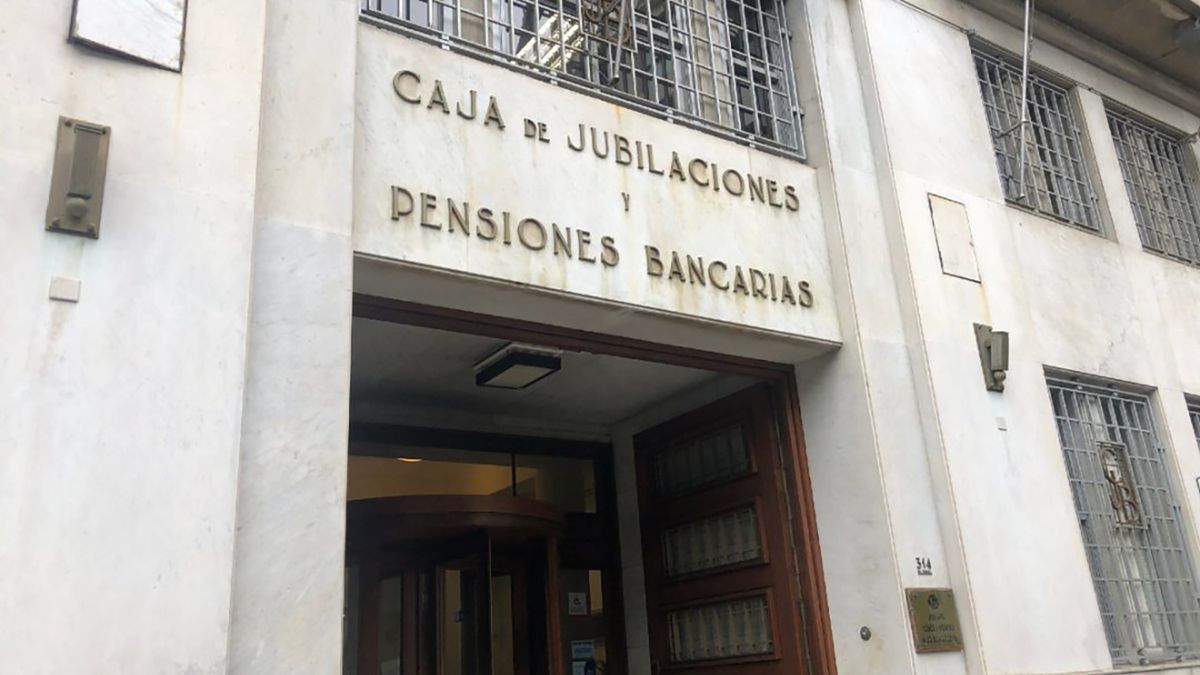The Uruguayan State banks agreed to advance the payment of contributions, so the pension institution gains some margin for a profound reform that guarantees its sustainability.
The state banks will be the answer that the Bank Retirement and Pension Fund (CJPB) to extend the deadline imposed by its few reserves —which predicted a last quarter without deposits—; through advance payment of contributions.
The content you want to access is exclusive to subscribers.
At the end of May, the Caja Bancaria had asked all contributing institutions —banks, credit administrators, savings and credit cooperatives, securities transporters, etc.— the advance of contributions to the third to last business day of the previous month, instead of making the payment on the eighth business day of the current month. This request meant that the institutions would have to pay twice in June: first, the charge corresponding to the current month and, with the acceptance of the advance, the payment corresponding to July. The objective was to increase the CJPB’s dying reserves, which would only last until August with the current payment scheme.


The response to this idea of a short-term solution from private banks was that it be accompanied by a global or definitive solution to a problem that has been dragging on for some years. In contrast, state banks —Banco República (BROU), Banco Hipotecario (BHU) and Banco de Seguros del Estado (BSE)— agreed to advance the contributions starting this month.
With this, it is possible to alleviate the situation of depletion of reserves and of having money to face the payment of liabilities. Although the need for a reform that allows the sustainability of the Caja Bancaria in the long term continues to be urgent. In this sense, the issue is still being worked on at a table made up of the government, the banks and the Association of Bank Employees of Uruguay (AEBU) —while the hypothetical bill that arises must be approved one year before the general elections, that is, at the end of October.
Tensions between private banks and workers
Meanwhile, there are opposing views on the table about how much each side should give up; discussions that, perhaps, with the acceptance of the state banks to advance the contributions, will be settled momentarily. However, the tension between Association of Private Banks (APBU) and AEBU, for now, is maintained.
In this sense, AEBU insists that private companies make greater contributions through the Employer Complementary Benefit (PCP), which currently taxes banks with 0.025%, when the law establishes a maximum of 0.04% of bank assets, so there is room to increase this contribution. However, for the ABPU this is unfair since the banks already have high workloads; in exchange, they point to certain “acquired rights” by the workers as the place from which to cut in order to obtain greater reserves for the Caja Bancaria.
Among these rights is the sick pay: Unlike workers in other sectors who receive 70% of their salary with a ceiling of 55,869 pesos, the bank sickness allowance covers 100% of the salary. AEBU does not accept that it be equal to that of the general regime. Other benefits under discussion are the premium for seniority, the 90 days of leave that a worker receives upon completing 25 years of seniority in a bank and the per diem for bank employees who work in resort areas.
Source: Ambito




